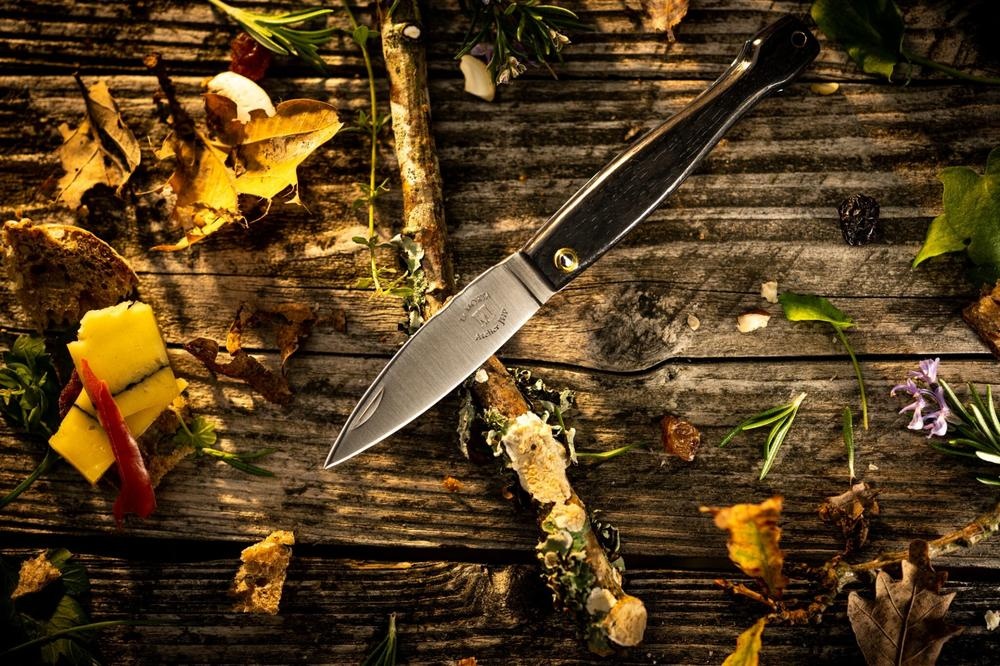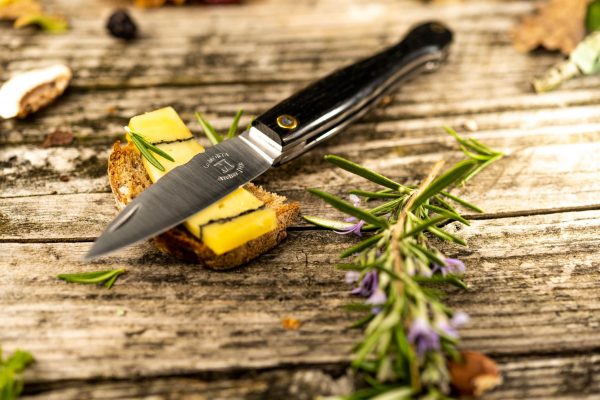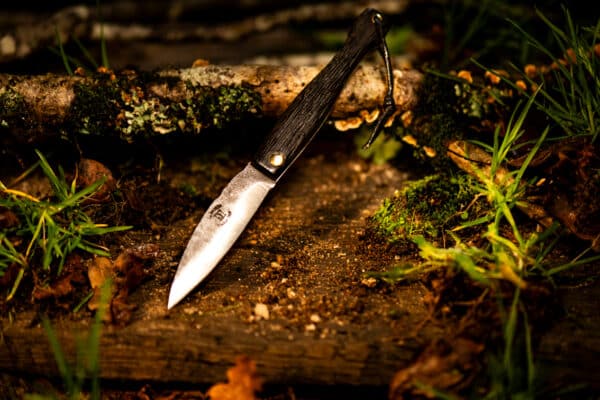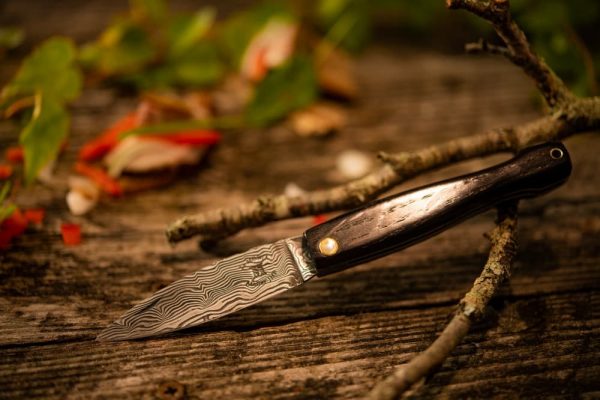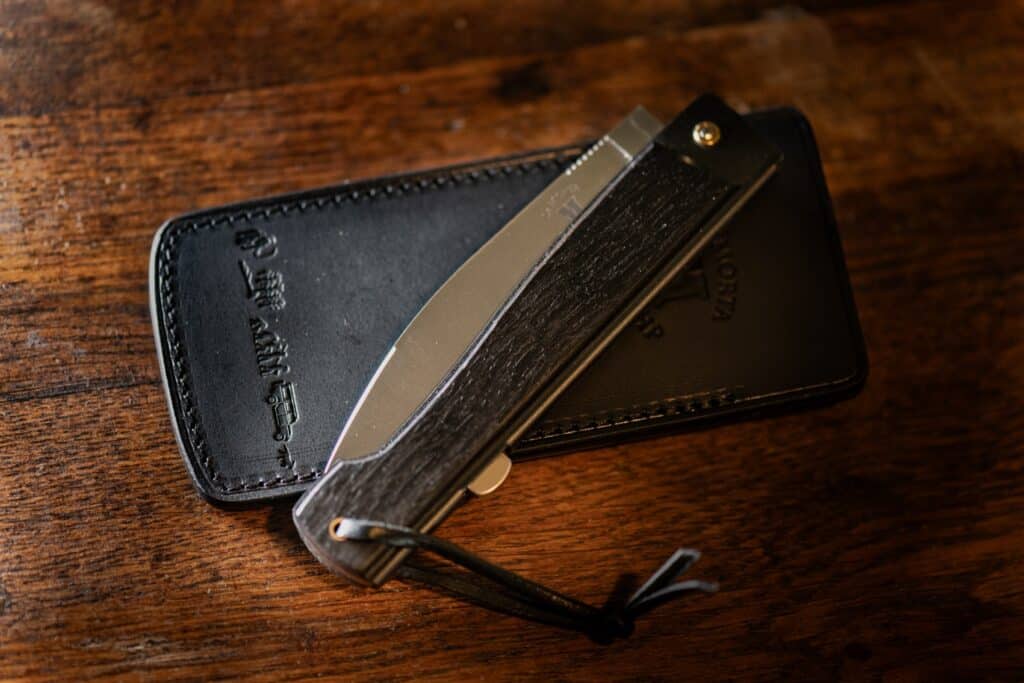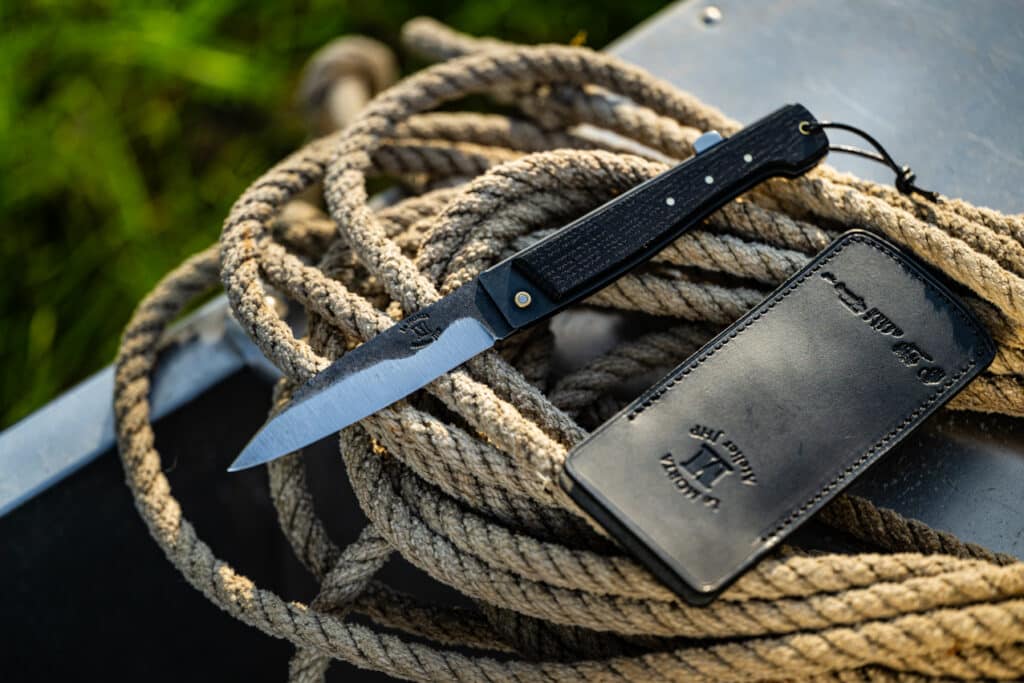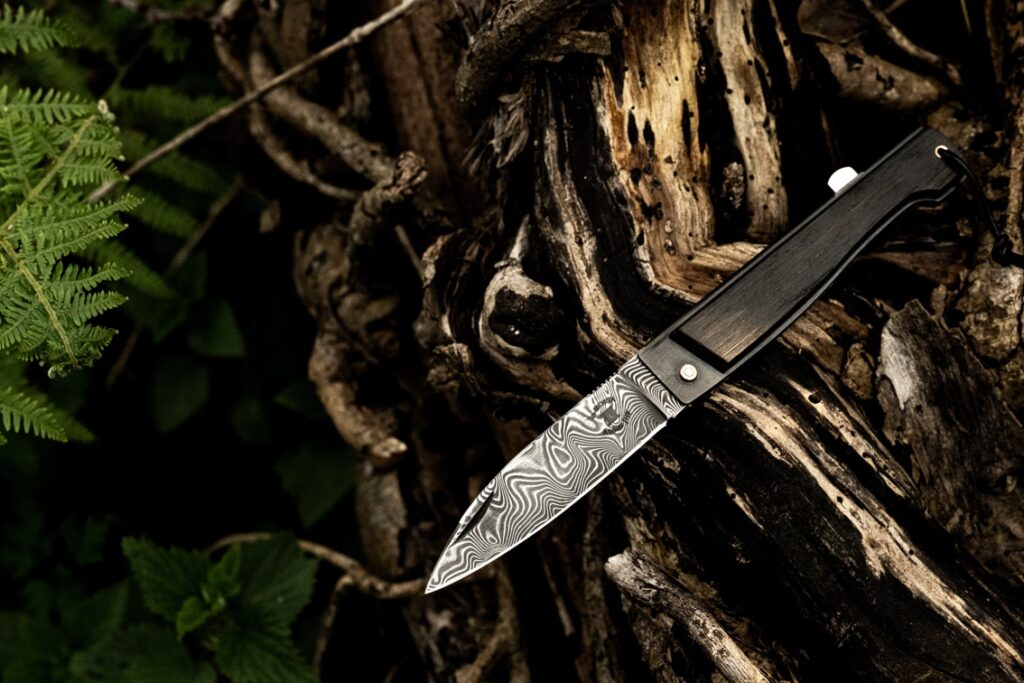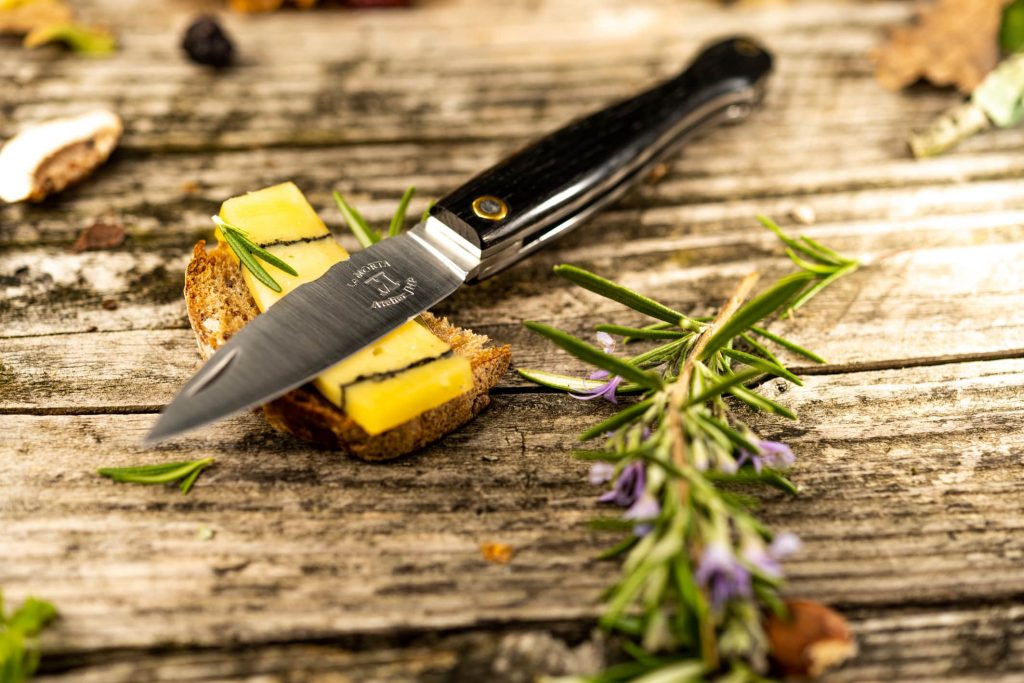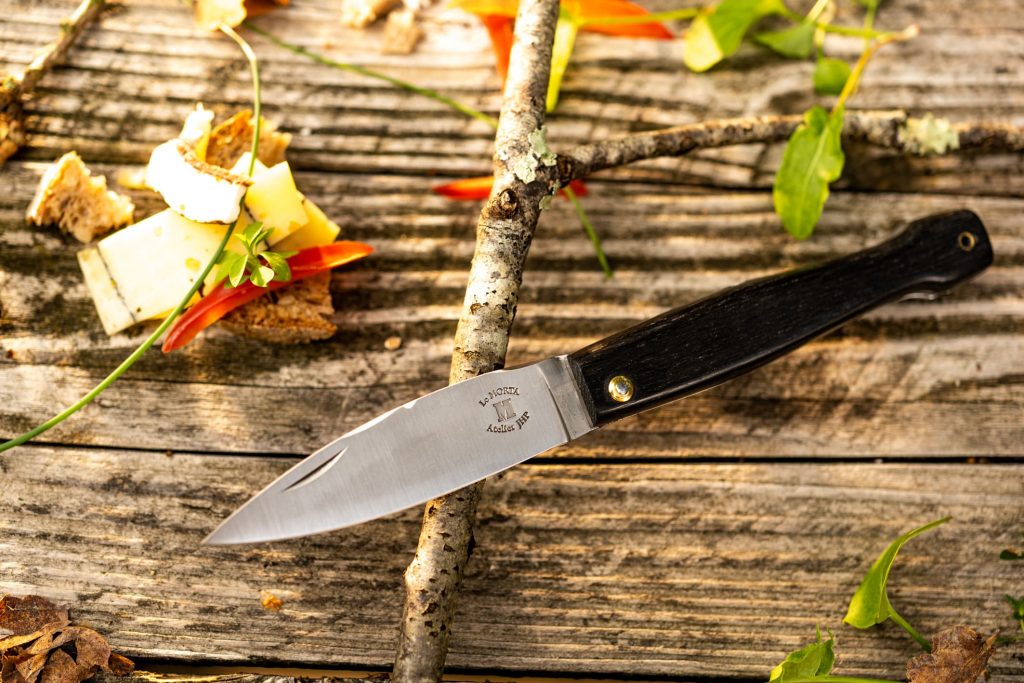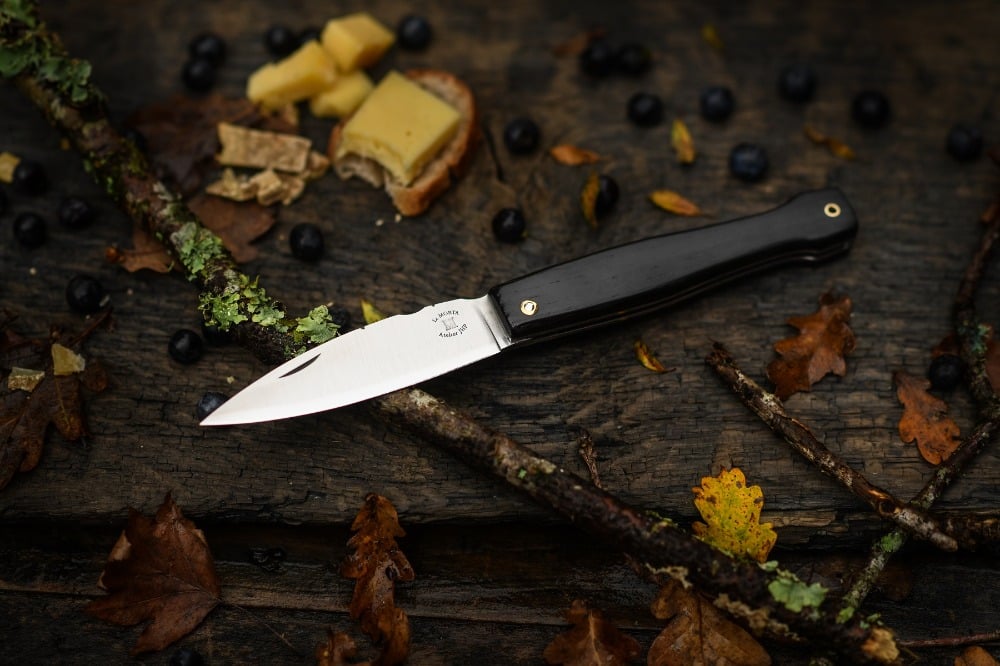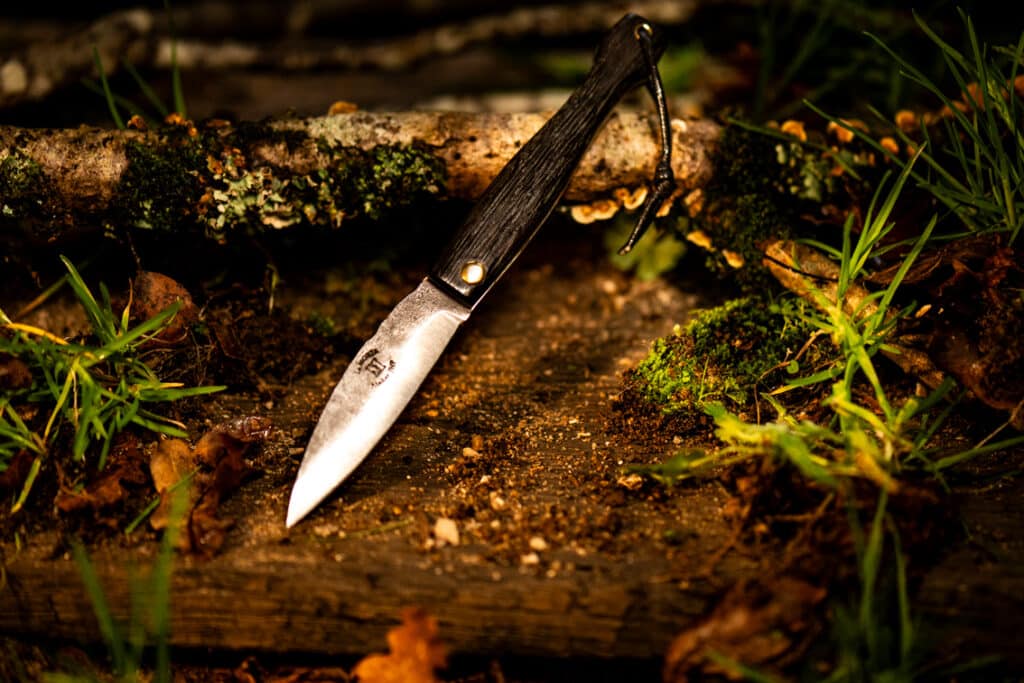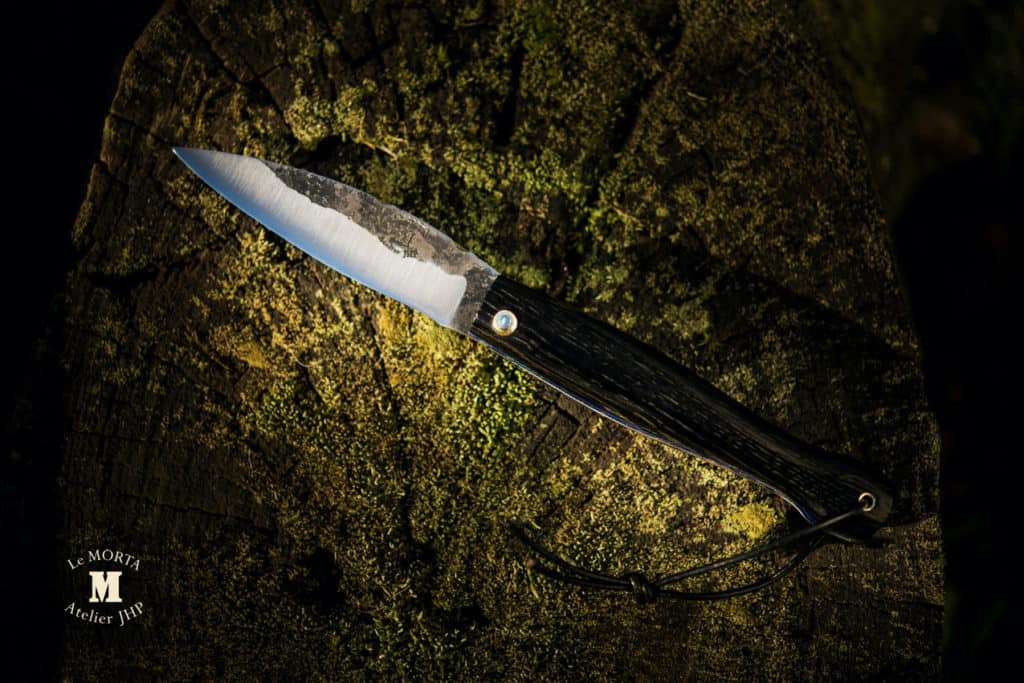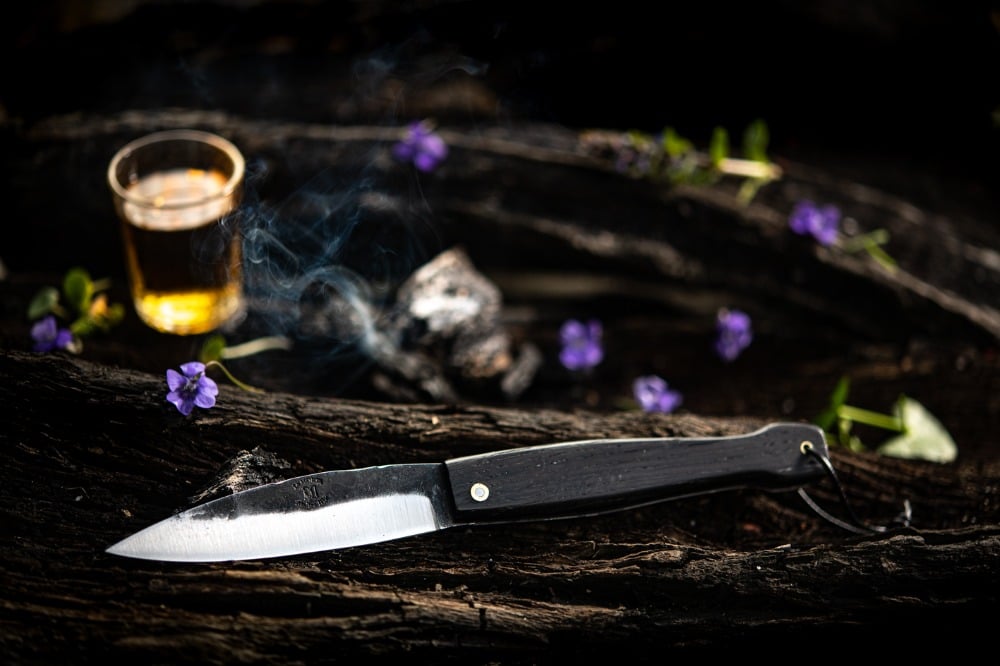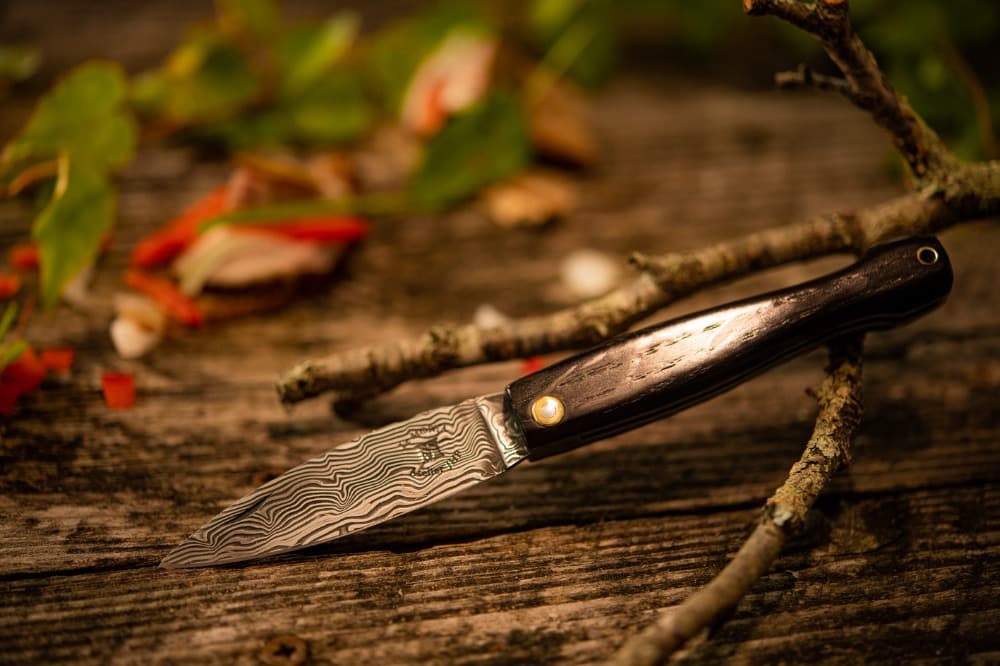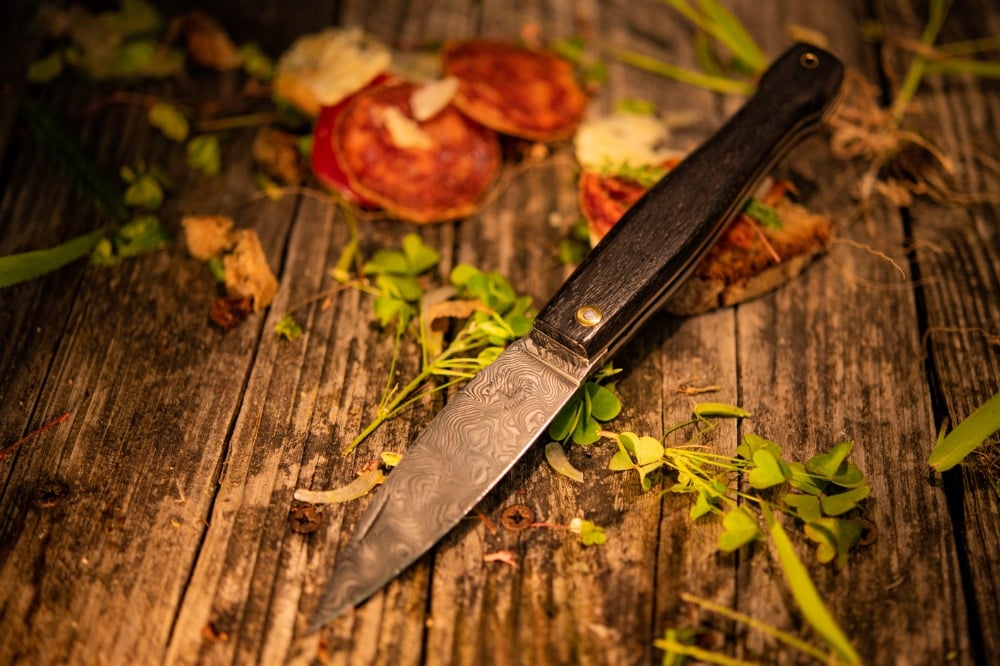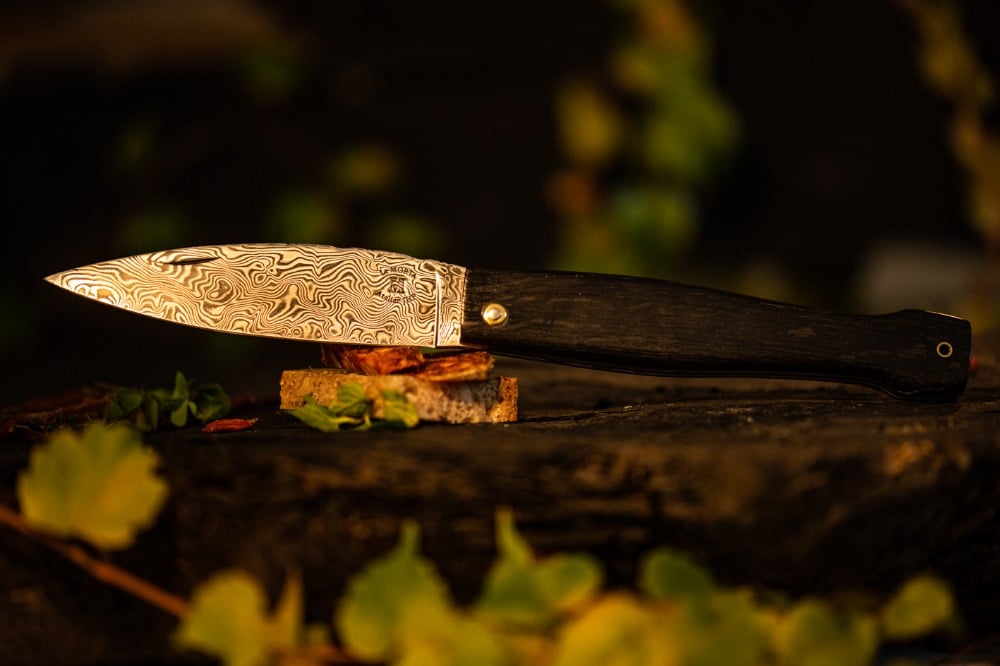Knives hold a special place in our daily lives, whether for cooking, outdoor activities, or collecting. However, the possession and use of knives are governed by specific laws that vary from state to state. In Michigan, the knife laws are particularly important to know to avoid trouble. To better understand the restrictions on certain types of knives and the rules concerning concealed carry, let’s dive into the details of knife laws in Michigan.
What are the Knife Laws in Michigan?
Knife laws in Michigan are defined by several statutes and sections of the state penal code. The primary statutes are Section 750.226 and Section 750.227.
Section 750.226 prohibits carrying a dagger, dirk, stiletto, or any knife with a blade over 3 inches if intended to use unlawfully against another person.
Violating this section is a felony punishable by up to 5 years in prison or a fine of up to $2,500.
Section 750.227 prohibits carrying a concealed dagger, dirk, stiletto, double-edged non-folding stabbing instrument, or any other dangerous weapon on one’s person or in a vehicle, except in a person’s dwelling house, place of business, or on other land possessed by the person.
What is the Legal Knife Length in Michigan?
The legal knife length in Michigan does not have a specific restriction for pocket knives but is guided by context and intent.
Folding pocket knives with blades less than 3 inches are legal to carry concealed.
Fixed-blade knives or any knife with a blade over 3 inches can be considered a “dangerous weapon” if carried with intent to harm, making concealed carry illegal.
Discovering the knife collection.
-

Mini solid Morta
120,00 € This product has multiple variants. The options may be chosen on the product page -

Mini solid morta as forged
210,00 € This product has multiple variants. The options may be chosen on the product page -

Mini Solid Morta Damascus
340,00 € This product has multiple variants. The options may be chosen on the product page
Regulations for Pocket Knives and Concealed Carry
Michigan knife laws specify that only folding knives with blades under 3 inches can be legally carried concealed without presumption of unlawful intent.
Carrying a knife in a vehicle is considered concealed carry, unless the knife is not within reach (e.g., in the trunk).
What types of knives are restricted in Michigan ?
Michigan law restricts the possession and carrying of certain types of knives considered particularly dangerous.
These include :
- Possession of automatic knives (switchblades) and gravity knives is legal in Michigan, but carrying them concealed is prohibited if they are used as a dangerous weapon.
- Double-edged knives such as daggers and stilettos may under no circumstances be carried concealed.
- Knives such as machetes and survival knives can also fall under these restrictions if the carrier cannot prove they are used for legitimate purposes like hunting or camping.
As a reminder : The sections 750.226 and 750.227, specifies that possessing or carrying certain knives with unlawful intent is punishable.
Do you know about Colorado’s knife law?
Exemptions and exceptions to Michigan knife laws
Exemptions exist for peace officers, military personnel and people using knives for legal business purposes. Knives used for legal hunting and fishing are also not subject to restrictions.
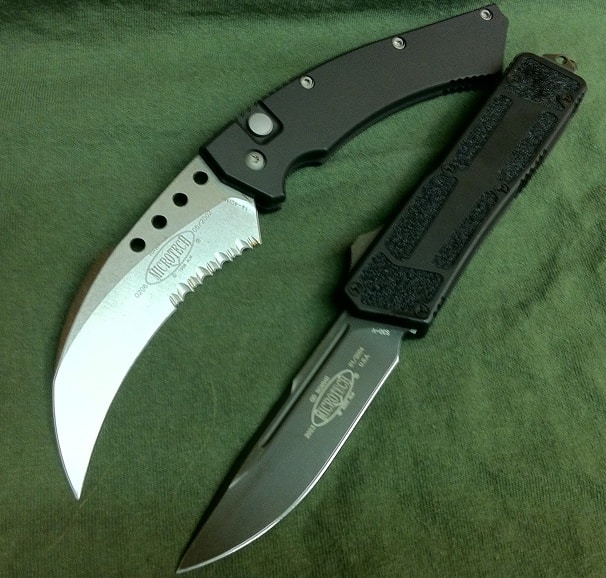
Also, knives needed to perform a job are permitted during working hours.
In addition to state regulations, some Michigan cities and municipalities have their own knife ordinances.
These local laws may be more restrictive than state laws.
For example:
- Detroit has stricter rules regarding knives, including potential limits on blade length and open carry in specific locations.
- Ann Arbor may impose restrictions on the carrying of knives in schools or other designated public places.
- Grand Rapids may regulate the sale and display of knives.
In addition, several court cases have influenced Michigan’s knife legislation:
- Michigan v. Mata: The court ruled that a Kershaw Speedsafe knife did not fit the definition of an automatic knife under the law, leading to a dismissal of charges.
- People v. Vaines: The defendant was convicted for carrying a concealed jackknife, a case that reached the state supreme court and impacted knife laws in Michigan.
What are some practical tips for knife owners?
To avoid legal trouble, it’s necessary to know and respect Michigan’s knife laws.
Here are some practical tips:
1. Know the legal length of knives: In general, knives with a blade longer than 3 inches in length are subject to restrictions. Make sure your knife respects this length.
2. Transport knives correctly: If you need to transport a knife, make sure it is visible and not hidden, especially if you are in a vehicle. Non-folding or double-edged knives should be stored in an appropriate sheath and carried in the trunk of the vehicle to avoid accusations of concealed carry.
3. Proper use: Use your knives only for their intended purpose, such as hunting or cooking. Avoid carrying knives in public without good reason, as this could be interpreted as an intention to use the weapon illegally.
4. Understand local restrictions: Some cities like Detroit and Lansing may have specific laws that are stricter than state laws. Ask about local regulations regarding knives.
Conclusion
Complying with Michigan knife laws is essential to avoid legal problems. Understanding Michigan knife laws allows you to own and use your knives legally.
We hope you have found this guide useful, and invite you to stay informed about current regulations.
Key article questions
What is considered a legal knife in Michigan?
In Michigan, a pocket knife with a folding blade under 3 inches is generally considered a legal knife.
There are no specific restrictions on the blade length of pocket knives, but any knife having a blade over 3 inches can be seen as a dangerous or deadly weapon especially if there’s intent to use the weapon unlawfully against a person.
Can I carry a Michigan concealed knife ?
According to Michigan state law, you can carry a concealed knife if it is a folding knife with a blade less than 3 inches.
However, carrying a concealed dagger, dirk, stiletto, or any double-edged non-folding knife is illegal unless it’s carried in specific locations such as your home or place of business.
Are there any knives that are illegal to possess in Michigan?
Yes, certain types of knives are illegal to possess under Michigan knife laws. These include automatic knives (also known as switchblades) and gravity knives.
While you may own these knives, carrying them concealed is prohibited.
How does Michigan law define a dangerous weapon?
Under the Michigan penal code, a dangerous weapon is defined as any instrument that could potentially be used to cause bodily harm or death.
This includes knives with blades that are intended for use as a weapon for bodily assault or defense.
What are the penalties for violating knife laws in Michigan?
Violating knife laws, such as carrying a concealed knife unlawfully, can lead to serious penalties.
Depending on the violation, consequences can include fines up to $2,500 or up to 5 years in prison, especially if a knife is used unlawfully against the person.
Can I carry a knife in my vehicle?
Carrying a knife within a vehicle without proper precautions is considered concealed carry.
Knives, especially those that are non-folding or have blades longer than 3 inches, should be securely stored and ideally placed in an area like the trunk where it is not easily accessible.
Are there exemptions to these knife laws?
Yes, there are exemptions. Law enforcement officers, military personnel, and individuals using knives for legal business purposes, such as in agricultural practices or in food service, may carry knives otherwise restricted under the law.
Also, knives that are used for legal hunting and fishing are exempt from certain restrictions.


